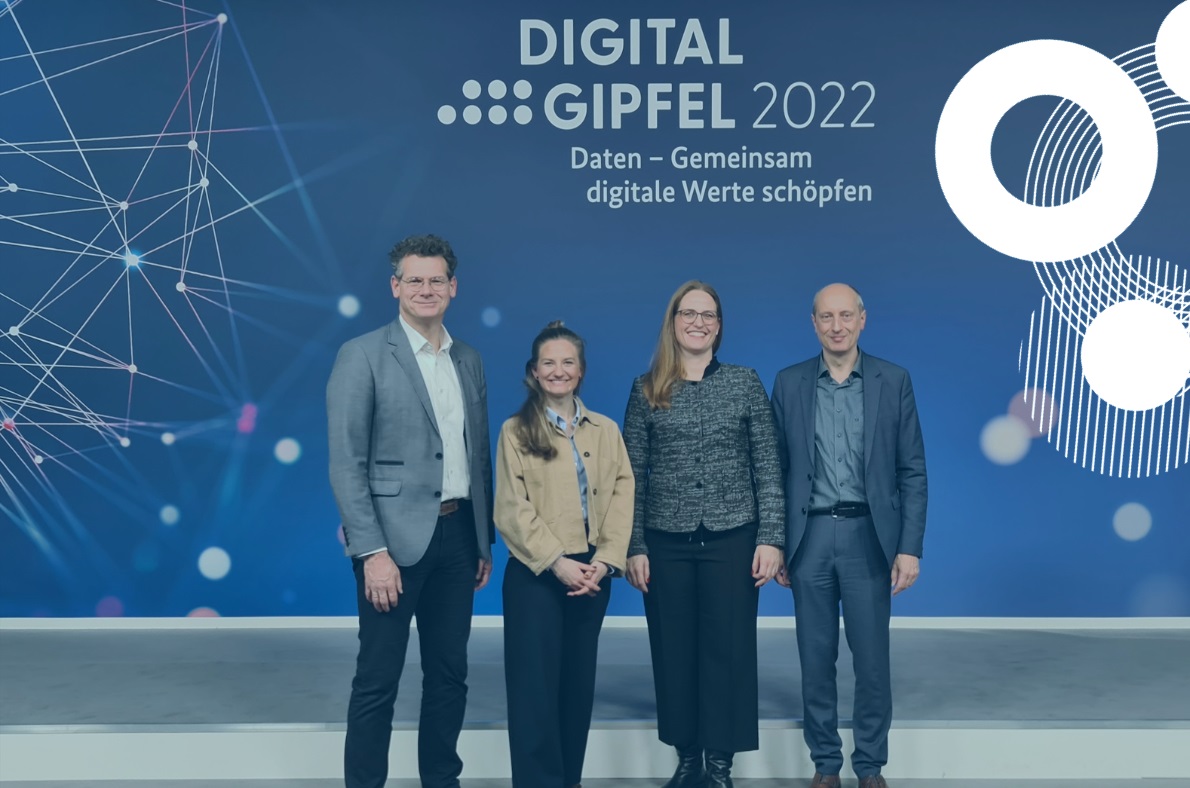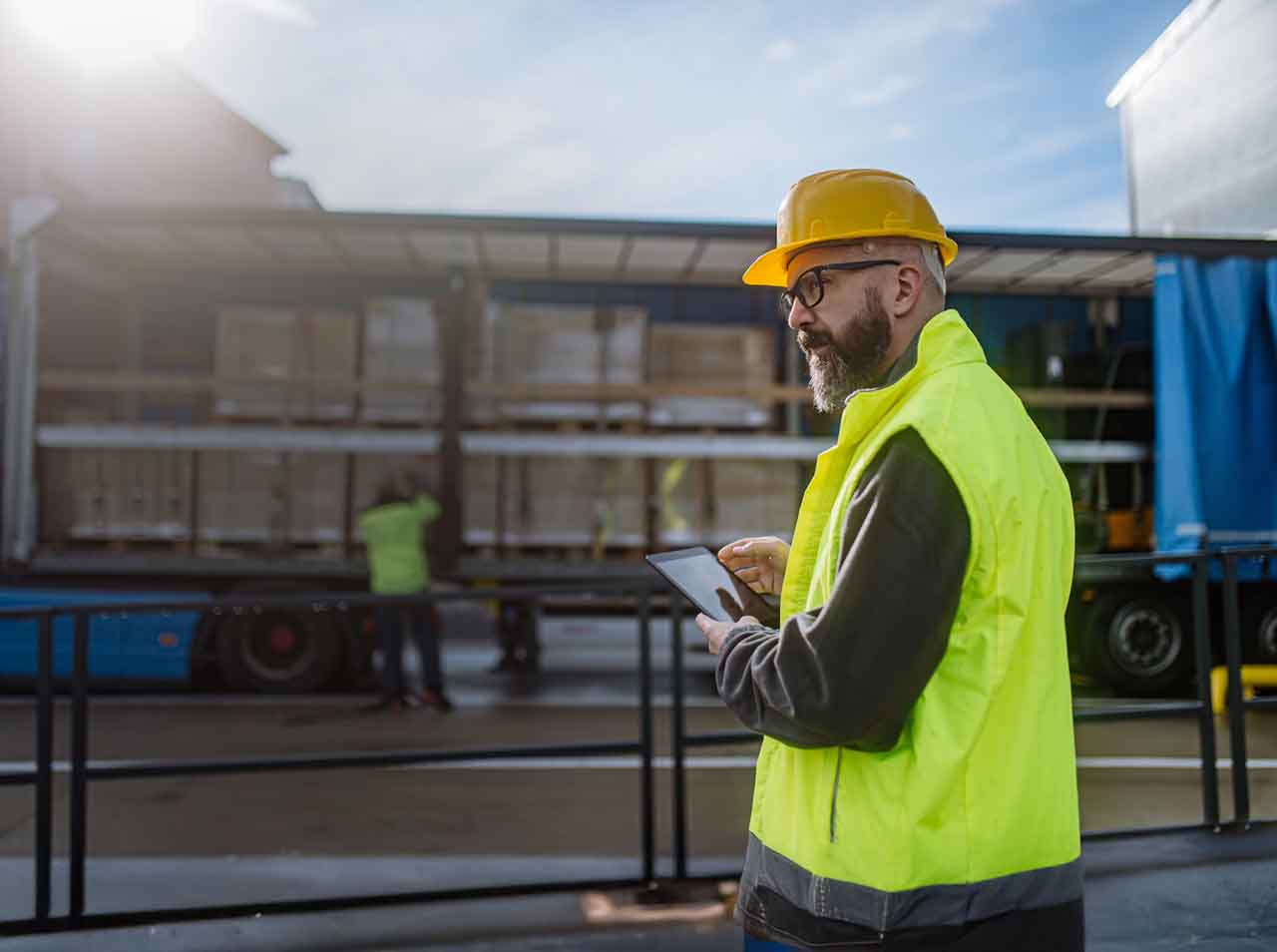Supply chains are the backbone of the economy. Unfortunately, the Corona pandemic and the war in Ukraine have clearly shown the interdependencies in supply chains – which have enormous consequences for the economy and consumers. This makes it even more important to organise supply chains in such a way that the exchange between all parties involved is smooth, fast, and flexible. The key to this is digitalisation – which can only be done together with all stakeholders involved. For the panel “Digital transport documents along the supply chain – legally secure and open source” at the Digital Summit of the Federal Government, the Open Logistics Foundation had asked representatives of leading international logistic companies to give insights about their expectations and requirements. Topic number 1: eCMR. Currently, an open-source solution is being developed within the corresponding lighthouse project of the Foundations community.
Markus Sandbrink, CIO of the Rhenus Group and Dieter Sellner, Head of Digital Transformation of Schenker AG – both companies are among the founders of the Open Logistics Foundation – as well as Simone Lode, Managing Director of Hamburger Hafen and Logistik AG, discussed with Carina Tüllmann, Head of Communication and Marketing of the Foundation, which conditions must be fulfilled for the digitalisation of processes to succeed.
The experts agreed that there is no way around open-source solutions as well as open innovation and ideation processes – and that not only in the case of eCMR:
- Through open-source components companies can freely participate, regardless of the company size and the software they use. Joint open-source implementations are a driving factor for the digitalisation in logistics.
- By linking international standards and open source, (technical) compatibility or data compatibility, as well as digitalisation as a whole, become possible at the same time. This simplifies all data-based applications, as the collection, processing, and storage of data. Processes are harmonised.
- Electronic transport documents in particular have a high relevance in terms of the digital data economy, as a lot of data is generated, processed, and passed on throughout the transport process. As a common data source, the eCMR is an “enabler” for ongoing digital processes, such as automatic billing and payment.
Markus Sandbrink: “Joint and open development creates a higher level of acceptance between competitors. This acceptance is particularly important to bring standards that already exist on paper for years into practical use e.g. for sharing documents and data.”
The Digital Summit of the Federal Government is a platform for shaping the digital awakening with all stakeholders. At the summit, experts from economy, science and society presented results of projects and initiatives to advance the digitalisation in economy and society. The event takes place once a year. The focus of the last Digital Summit was “Data –creating digital values together.”





